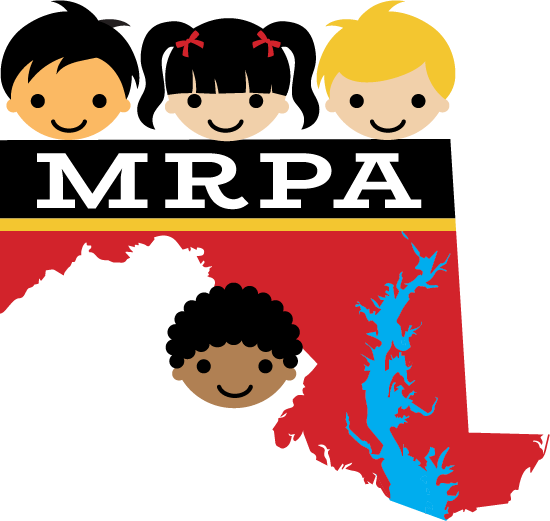DEPARTMENT OF HUMAN RESOURCES SOCIAL SERVICES ADMINISTRATION
311 WEST SARATOGA STREET
BALTIMORE, MARYLAND 21201
DATE: October 1, 2009
Policy # SSA # 10‐13
TO: Directors, Local Departments of Social Services, Assistant Directors of Social Services, Local Department of Social Services
FROM: Carnitra D. White, Executive Director, Social Services ![]() Administration
Administration
RE: Transitional Planning for Youth‐ Benchmarks
PROGRAMS AFFECTED:
Out‐of‐Home Placement Services (Permanency) and Transitioning Youth Services
ORIGINATING OFFICE: Child Welfare Practice & Policy
ACTION REQUIRED OF: All Local Departments
REQUIRED ACTION: Core areas of service to be provided to foster youth
ACTION DUE DATE: Immediately
CONTACT PERSON: Deborah Ramelmeier, Director Child Welfare Practice & Policy, (410) 767‐7506
Background
Transition from adolescence to adulthood is often complex and complicated. Many youth, particularly those in the state’s care, need extra assistance in order to successfully navigate this path. To help address some of the unmet needs of foster youth, specific strategies and action steps needed to be developed to assist youth in meeting their goals.
Purpose
The purpose of this policy directive is to provide local departments with a comprehensive plan of action that focuses on preparing 14-21 year olds as they transition to adulthood.
Transitional planning for youth shall begin at age 14. The plan shall include: the agreed upon steps to be taken to meet the goals; the youth’s responsibility for aspects of the plan; the responsibility of the agency and other persons who shall assist the youth to accomplish those steps; the date of the plan; the date when the plan was reviewed or updated; and signatures of the youth, DSS representatives, and other participants responsible for the plan and activities. The Ansell-Casey Assessment Tool shall also be administered to youth, on a yearly basis, beginning at age 14.
During the course of transitional planning, it is the responsibility of the caseworker to ensure that the youth has acquired skills and has overcome barriers to completing school, obtaining and maintaining gainful employment, finding adequate and affordable housing, financial literacy, identifying family/friend support, self care, and accessing health and mental health care. The caseworker shall ensure that the core areas of service, in the transitional plan, are reviewed and have been achieved by the youth. In order to ensure this, the caseworker shall be aware of the youth’s level of learning. The Casey Family’s Life Skills Guidebook identified four levels of learning: Awareness; Knowledge & Understanding; Knows How; and, Can or is Able to. Level one, awareness, focuses on the youth’s familiarity with a particular area of service. Level two, knowledge & understanding, focuses on the youth’s ability to describe or explain the subject matter being taught. Level three, knows how, refers to the youth’s ability to somewhat apply what is learned through instruction. And finally, level four can or is able to do, refers to the youth’s ability to apply learned knowledge outside of the teaching environment.
All information shall be recorded in the youth’s case record. The core areas of service shall include: Education, Employment, Health/ Mental Health, Housing, Financial Literacy/ Resources, and Family/Friends Support.
[table id=1 /]
